Course 1 - Process Safety Management (PSM) Overview
Introduces PSM architecture (written programs, roles/responsibilities, implementation including training, record keeping, and auditing). Explores all 14 key elements (parts) of a comprehensive PSM program and how overall architecture applies to each.
Course 2 - Process Safety Management (PSM) In-Depth
This course will provide an in-depth study of each PSM element. Introduces each PSM element and specific guidelines for integrating PSM element requirements into other company programs and evaluating program compliance throughout the implementation phase.
Course 3 - Compliance Auditing for Process Safety/Risk Management
Covers every aspect of auditing from gathering data via records and interviews, keeping notes, report writing, and making recommendations. Using all rules and methods taught in class, the second day is a workshop to audit actual PSM practices in a real-time setting.
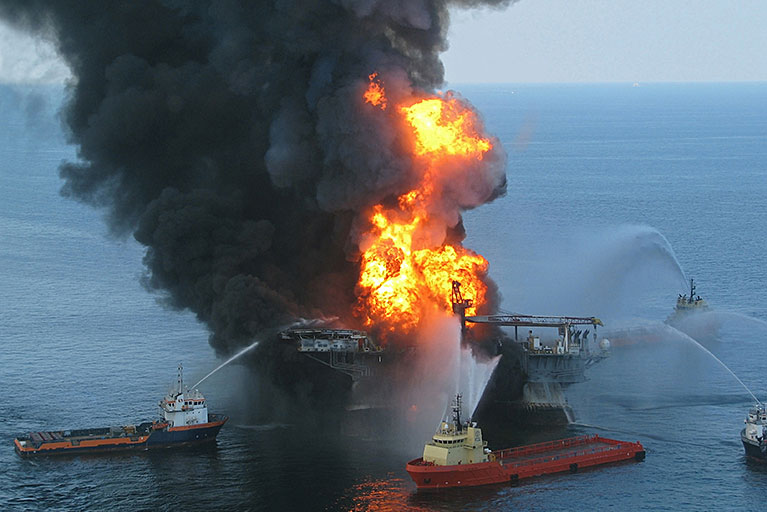
Course 4 - Incident Investigation/Root Cause Analysis Leadership
Teaches how to lead investigations and root cause analyses using various techniques such as Causal Factor Charting, Fault Tree Analysis and Root Cause Charts. This is a “How To” course designed to teach skills. Optional software instruction.
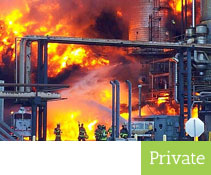
Incident Investigator/Root Cause Analyst Training
Course 4-0Course 4-0 - Incident Investigator/Root Cause Analyst Training
Introduces PSM architecture (written programs, roles/responsibilities, implementation including training, record keeping, and auditing). Explores all 14 key elements (parts) of a comprehensive PSM program and how overall architecture applies to each.

Writing Effective Operating and Maintenance Procedures
Course 5Course 5 - Writing Effective Operating and Maintenance Procedures
Teaches how to write effective step-by-step operating procedures and how to develop troubleshooting guides from PHA documentation. Very much a “How To” course, designed to teach skills. First day: both operations and maintenance personnel; Second day: mainly for operators.
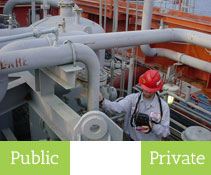
Mechanical Integrity
Course 6Course 6 - Mechanical Integrity
This course prepares you to evaluate your existing practices versus recognized codes and standards and then to efficiently improve or develop and implement your mechanical integrity (MI) program.

Management of Change & Pre-Startup Safety Review
Course 7Course 7 - Management of Change & Pre-Startup Safety Review
Explores proven strategies for implementing a workable MOC system. Shows how to implement physical/instrumentation changes through proper use of pre-startup safety review (PSSR) systems.

PHA/HAZOP Leadership Training
Course 8Course 8 - PHA/HAZOP Leadership Training
Risk review techniques most popular for initial PHAs of entire units or of large projects, MOC reviews, and PHA revalidations are hazard and operability (HAZOP) analysis and what-if/checklist. Also learn how to use the failure mode and effects analysis (FMEA) method.
PHA Overview Training
Course 8-0Course 8-0 - PHA Overview Training
Provides general background in how process hazard analyses (PHAs) are performed. Explains importance of PHAs for existing plants and PHAs/ hazard reviews for changes to processes. For anyone who needs a general understanding of PHAs.
Course 9 - Updating and Revalidating Process Hazard Analyses
Prepares you to execute a PHA revalidation that complies with PSM regulations and industry standards. PHAs usually must be updated and revalidated every 5 years. In some cases a complete “redo” may be required if the previous PHA quality and documentation did not meet your standards or regulatory requirements.

Human Error Prevention
Course 10Course 10 - Human Error Prevention
This course will provide insights into current knowledge of human error and how it can be reduced. The course will provide hands-on experience of practical error reduction techniques, using real-life case studies.

Layer of Protection Analysis (LOPA)
Course 11Course 11 - Layer of Protection Analysis (LOPA)
Are proposed or existing combinations of safeguards enough to prevent an accident or mitigate the consequences? Do you perceive that doing a fully quantitative risk assessment (QRA) would be over-working the problem? Then LOPA (Layer of Protection Analysis) is the new tool you need to learn.
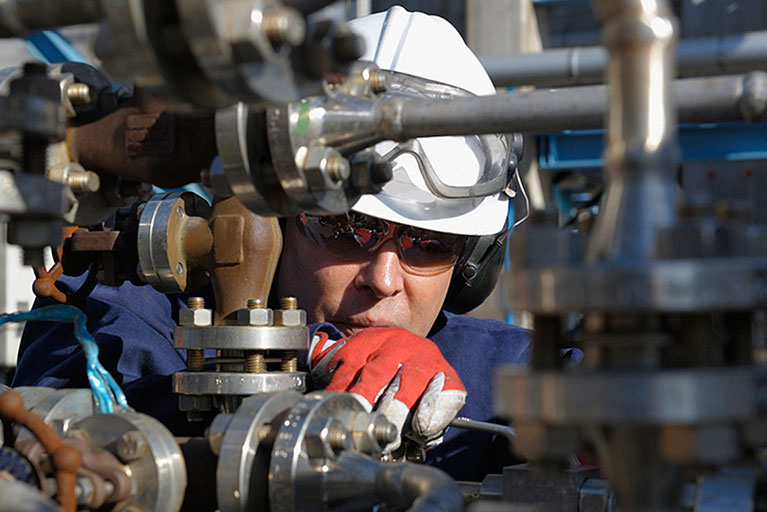
Safety Instrumented Systems (SIS & SIF & SIL)
Course 12Course 12 - Safety Instrumented Systems (SIS & SIF & SIL)
Are you involved in determining SIL levels or designing SIS? Do you just want to understand what SIS are and where they fit in to control risk and how these are specified, designed, installed, and maintained? Then this is the course for you.

Job Safety Analysis (JSA) Training
Course 13Course 13 - Job Safety Analysis (JSA) Training
In this course, you will learn the basics of the performing a Job Safety Analysis (JSA), which is a proven process for controlling operating hazards and costs. You will get a step-by-step overview of the process, and define your role in making it effective.

Human Error Prevention - for Workers
Course 14Course 14 - Human Error Prevention - for Workers
In this course, the workers (hourly workers such as operators, technicians, lab personnel, etc.) learn the basics of what causes humans (them) to be more likely to make mistakes and what they can do to prevent errors. It also briefly reviews the role that management actions play in preventing human error.
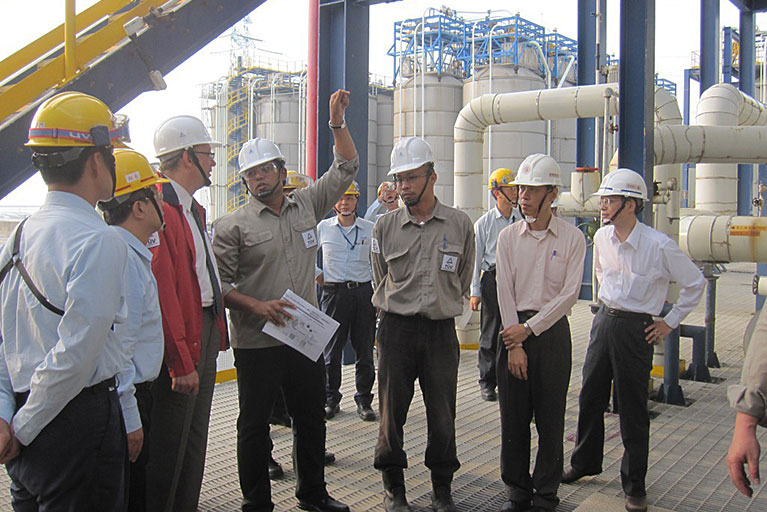
Safety Task Action Reporting (STAR)
Course 15Course 15 - Safety Task Action Reporting (STAR)
In this course, workers learn why and how to perform observations and coaching of their peers in the workplace. The method, called Safety Task Observation Reporting (STAR), attacks bad habits directly, which are the most stubborn forms of human error causes to eliminate.

Behavior-Based Safety
Course 16Course 16 - Behavior-Based Safety
This course will provide insight into current knowledge of human error and how it can be reduced. The course focuses on human errors related to undesired behaviors (habits), what causes these, and how to effectively remedy these.
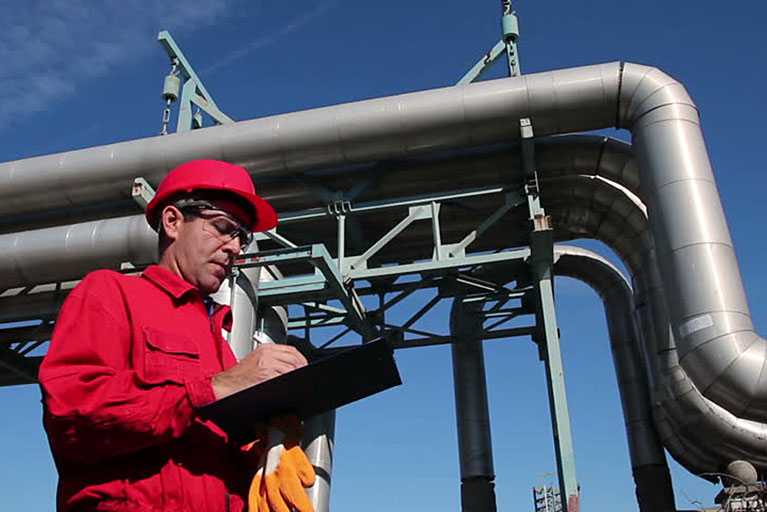
Selecting the Right Manufacturing Improvement Tools
Course 17Course 17 - Selecting the Right Manufacturing Improvement Tools
This seminar is designed to enable you to relate your circumstances and issues to the tools and techniques, so that you can best decide which are relevant for you. It will help you select the right tools, at the right time, for the right problem, and then sustain the improvement achieved.

Reliability Leadership for Manufacturing Excellence
Course 18Course 18 - Reliability Leadership for Manufacturing Excellence
Ron will review models for achieving reliability and manufacturing excellence patterned after some of the world’s best companies. The very best plants are able to accomplish this through application of a reliability strategy, which supports lean manufacturing, supply chain principles, and excellence in operations and maintenance.

